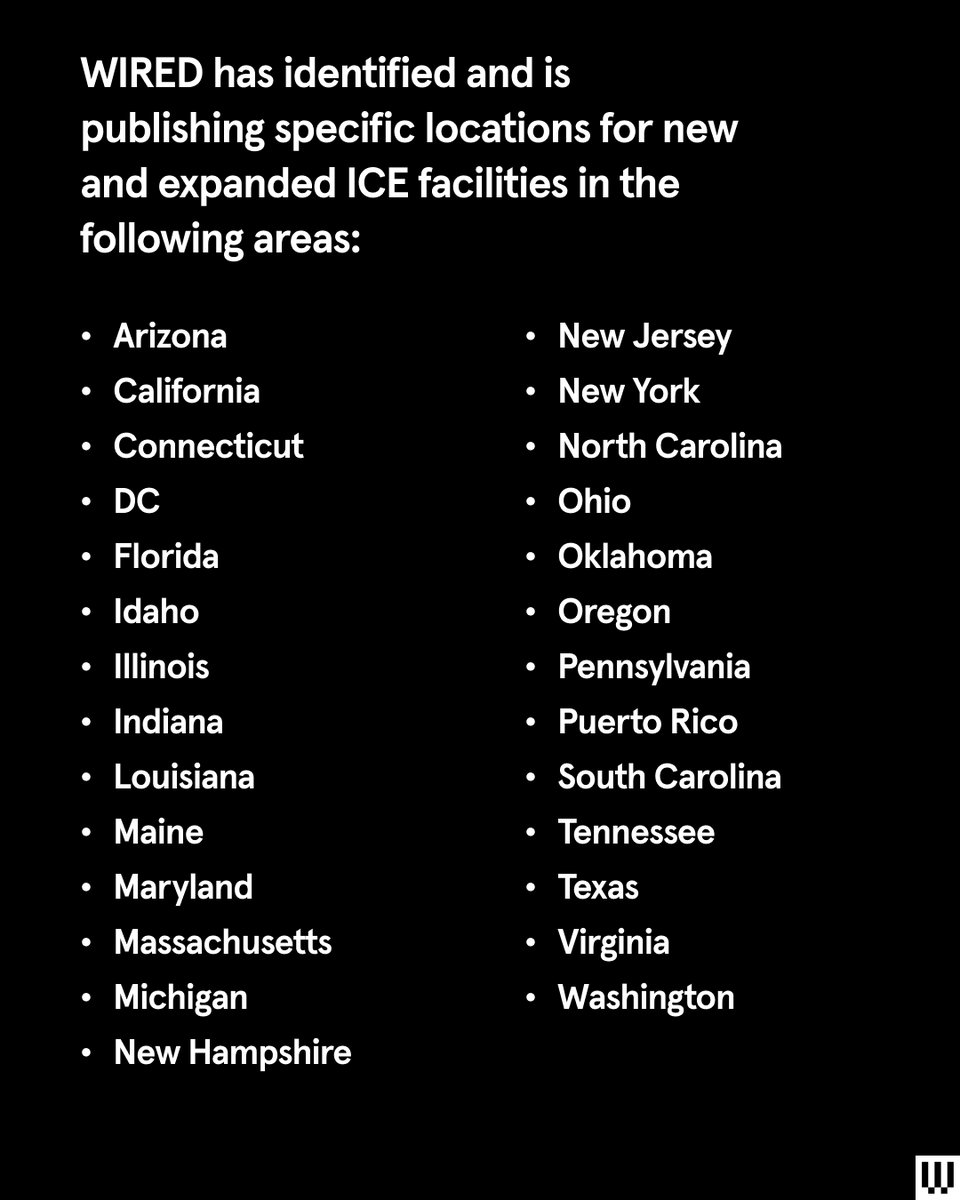In 2019, @LaurenGoode canceled her wedding and ended an eight-year relationship. But the painful decisions didn’t end there: As an avid user of technology, she found that it was impossible to escape the digital remnants of the relationship 1/ wired.trib.al/Mr98Ziw
For months afterwards, Goode saw wedding-related ads, anniversary reminders, and photo memories of her ex on all of her devices. Pinterest continued to suggest collages of wedding paraphernalia. Even her Apple Watch would surface painful memories. 2/ 

Pinterest has an internal name for this: “The miscarriage problem.” Algorithms show people more of the content they’ve searched for, but don’t always take into account when a life event ends—when the wedding is canceled, when the baby isn’t born, or when someone passes away. 3/ 

Goode spent months talking to technologists, trying to better understand the complicated algorithms of the software services we all use. One takeaway: It's now foolish to think the internet would ever pause just because we do. 4/ 

Is the answer to just go nuclear—to delete everything? That feels like a path to emotional bankruptcy. Digital footprints likely include joyful memories in addition to miserable ones. 5/ 

Will the internet ever let us forget? And what does this mean for our memories and our grieving processes?
Read the full story here: 6/ wired.trib.al/Mr98Ziw
Read the full story here: 6/ wired.trib.al/Mr98Ziw
Want to support journalism like this? Subscribe to WIRED and get unlimited access to the latest tech news: wired.trib.al/f3r0g6N
• • •
Missing some Tweet in this thread? You can try to
force a refresh





